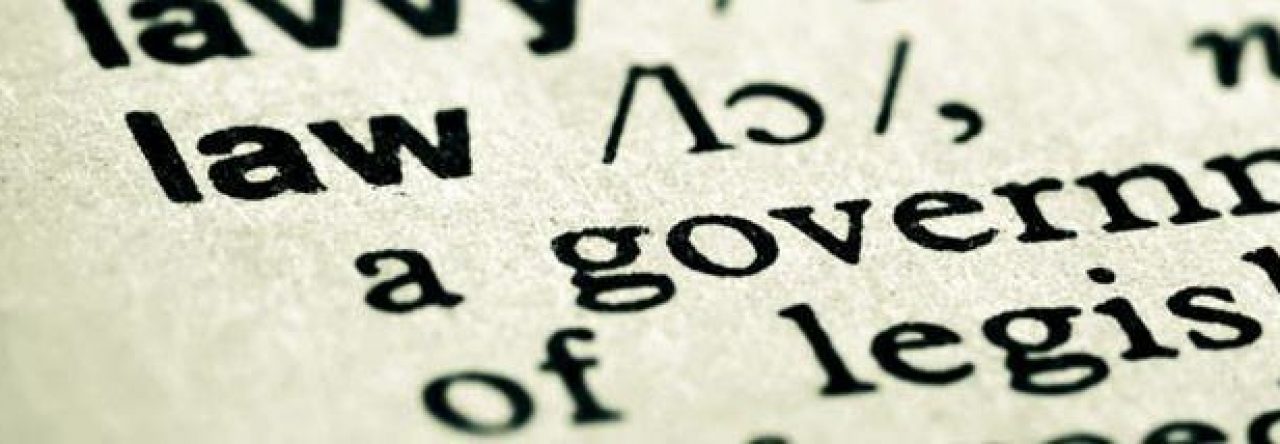Over lunch the in-house counsel of a tech company asked me whether I ever decline work. We were making small talk, but funny she should ask. Because I have indeed chosen not to work on one or the other initial coin offering or token sale lately.
I do what I do for a living, so I’m not prone to decline work by default. But these projects didn’t smell right.
The Somewhat Dubious Enquiry
Here’s an example. Someone asked for a quote for my legal advice on this projected token sale. Simplified, its structure was to be as follows.
The Investment…
The public may invest their money in tokens. The money will be used to fund something striking. Insert description of marvellous stuff here. I don’t know, think of something shiny, the entertainment industry perhaps. Yes, think of the crowdfunding of films. Tokens as your chance to play a part in upcoming, financially attractive mainstream productions.
A whitepaper sets out how this will happen. It isn’t very detailed but it presents the prospect of good things. There will be a whole spectrum of perks ranging from not yet specified (but maybe in future, or so it said) to direct communication, even meeting with the people appearing in the movie you’ve helped fund. Suffice it to say this will be an opportunity for those who buy more tokens. The more you buy, the closer you will come to the stars. You heard right.
The word invest is all over the place up to a certain point in the whitepaper. At this point it declares, for the avoidance of doubt, that a token shall give the buyer no right whatsoever. You heard right again.
…Which Isn’t
In particular, the tokens purchased shall not bestow equity rights in anything. Think dividends. Yes, the tokens are to give their buyers the opportunity to participate in and influence the development of entertainment products, for example by casting votes or by communicating with those involved in making or appearing in them. However, as it states again towards the end of the whitepaper, the opinions and reviews of the token buyers will be ‘taken into account’. This shall not mean buyers will have a real right to take part in the decision-making.
In other words, one is to part with one’s money in return for – not very much really. What a classic. But keeping up with the times, this scheme says things like token and blockchain and crypto, and it comes with a whitepaper.
Could I advise whether they need a licence for this? Because preferably not (the word offshore was uttered in this context). If a licence were necessary, could I help apply for it?
Oh, I could. But I don’t want to.
The Legitimate Token Sale
So that’s a token sale I wasn’t comfortable with. To balance, here’s an example of what a legitimate one could look like. Simplified, it’s an investment scheme run on a blockchain. Let’s also take a look at how a lawyer might be able to help realise this token sale.
The Business Accelerator
There is to be a Singapore company, let’s call it The Accelerator Pte. Ltd. (the ‘Accelerator’). The Accelerator’s only purpose is to own shares of promising technology start-up companies. Not too much, not too little, say up to 10 per cent per start-up.
A lawyer can take care of the corporate legal issues of the Accelerator including its foundation and operations.
The Agreements Between the Accelerator and the Start-Ups
Further, there will have to be agreements between the Accelerator and each start-up company covering the terms of the Accelerator’s share ownership and perhaps influence in the business of each start-up company.
A lawyer can advise on what should go into these agreements and help negotiate and draft them. Once these agreements are in place, a lawyer can help check whether the parties observe them. If a legal dispute arises, a lawyer can help resolve it, in or out of court as the case may be.
The Investment Vehicle
There is to be another Singapore company, let’s call it The Investment Vehicle Pte. Ltd. (the ‘Investment Vehicle’). The Investment Vehicle is to hold 33 per cent of the shares of the Accelerator. These shares come with certain dividend rights (the ‘Accelerator Dividend Rights’).
As with the Accelerator, a lawyer can take care of the corporate legal issues of the Investment Vehicle including its foundation and operations.
The founders of this whole thing are to hold the remaining shares of the Accelerator. They will also be the directors of the Accelerator. Put otherwise, these people are to be the majority shareholders and managers of the Accelerator. Their majority shares will come with certain rights as well (the ‘Accelerator Majority Rights’). The Accelerator Majority Rights will include the Accelerator Dividend Rights, and then some.
The Agreement Among the Accelerator Shareholders and the Accelerator
As the Accelerator is to have two fractions of shareholders – the Investment Vehicle on the one hand (33 per cent) and the individual founders on the other hand (67 per cent) – there is to be an agreement between these two fractions covering the terms of the Investment Vehicle’s share ownership and influence in the business of the Accelerator, and of the Accelerator Dividend Rights and Accelerator Majority Rights. The Accelerator itself should be a party of this agreement.
As before, a lawyer can advise on what should go into this agreement and help draft it. Once it’s in place, a lawyer can help check whether the parties observe it and help resolving any legal dispute.
What About Tokens, Blockchain and All That?
The Investment Vehicle is to offer and sell Accelerator Dividend Rights to interested parties. The Accelerator Dividend Rights are represented by virtual tokens, so the lingo will be that these tokens are offered and sold to interested parties. The authoritative register for these tokens will be a blockchain.
The Agreement Between the Investment Vehicle and the Interested Public
There will have to be agreements between the Investment Vehicle and each interested party covering the terms of the initial purchase of tokens (including repurchase, as the case may be, and onward sale).
There are different ways of doing the initial purchase of tokens. If you want to raise hard currency (but not cryptocurrency), for example as the Investment Vehicle’s capital contribution to the Accelerator, then this will probably require a brick-and-mortar contract between the Investment Vehicle and each first token buyer.
If you want to allow cryptocurrency as payment, the purchase of tokens could be based on a brick-and-mortar contract between the Investment Vehicle and the buyer. Or you could do it by way of smart contract.
As before, a lawyer can advise on what should go into such an agreement and help draft it. Once it’s in place, a lawyer can help check whether the parties observe it. Now, this monitoring part may sound less relevant when a self-executing smart contract is in place. The challenge begins, however, should a smart contract give rise to a legal dispute. A lawyer can advise on that as much as he can on a dispute over a brick-and-mortar contract.
Token Trade
As each token will form a block in a blockchain, it will be possible to sell one, even trade the tokens like cryptocurrency (and for cryptocurrency as consideration).
Once the blockchain of tokens is up and running, it might be possible to put the desired terms of their onward sale and other aspects in a smart contract included in each token block.
A lawyer can… – you know what a lawyer can do.
Beware of the Regulator
At the outset, though, one must observe regulatory aspects. An offer of tokens (scil. the offer of interest rights in company shares) will only come without specific filing and registration requirements (prospectuses and such) if it doesn’t constitute an offer of securities, debentures, rights in a collective investment scheme or business trust (or others if specified). Or, if an offer of tokens does constitute any of that, specific filing and registration will only be dispensable if the offer is excluded or exempted, whatever this may mean. This regulatory aspect applies as much to Singapore as to most if not all relevant jurisdictions.
But I Will Do That
The thing is, this isn’t just what your lawyer could do. He would also do it gladly. Because this is legitimate token sale, blockchain and smart contract stuff.


Leave a Reply